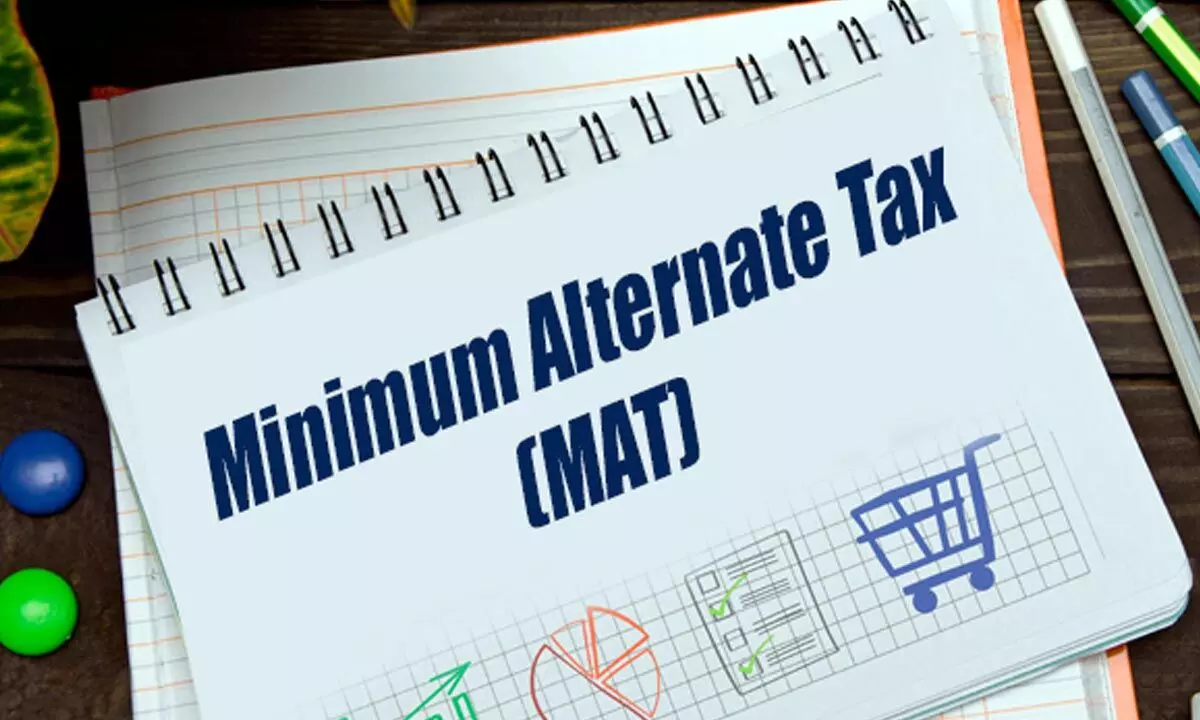IT seeks reduction in MAT on startups
Nasscom urges govt to reduce Minimum Alternate Tax on eligible startups to 9% from present 15%
image for illustrative purpose

- Lower MAT will facilitate growth of small businesses
- It'll also help in working capital requirements
- Need of bridging digital divide
- More funds for cyber security
Bengaluru: Technology firms are expecting a push to 'Digital India' initiative, skilling of talent and job creation through incentives to startups and electronics manufacturing to figure prominently in the upcoming Union Budget, scheduled to be tabled on February 1.
According to industry body Nasscom and several industry participants, tax incentives in specific areas along with clarity on provisions will go a long way in ensuring growth of Indian IT sector, which employs more than 4.85 million people in India.
"The Union Budget should put emphasis on furthering the Digital India initiative. This will help in job creation and providing public services at low cost. Moreover, the R&D spend of India remains very low as compared to many nations. Incentives should be given to boost R&D, so that global enterprises can set up technology captives in the country," said Pareekh Jain, Founder of IT consultancy firm, Pareekh Consulting.
Industry body Nasscom has earlier urged the government to reduce the Minimum Alternate Tax (MAT) on eligible startups to 9 per cent from present 15 per cent. "This will facilitate growth of small businesses and help them in meeting their working capital requirements during the initial years of operation," Nasscom said in a memorandum.
Currently, the country is facing skill shortage in emerging areas like AI, IoT, semiconductor, electric vehicle (EV), and cybersecurity among others. Many experts appeal the government to come up with measures for skill development purposes.
"As India stands poised to reach its target of hitting the $5 trillion mark, there is still a sizable quantum of work required to especially bridge the digital divide prevalent in the country. By facilitating deeper penetration of digital literacy and tech-based skilling, the government can ensure greater involvement of women and youth from marginalized and underserved communities to contribute to the economic growth trajectory of India. Additionally, implementing R&D work and promoting collaboration between the government and the social sector will help achieve India's sustainability goals by 2030," said Nidhi Bhasin, CEO, Nasscom Foundation.
The country has seen many sophisticated cyberattacks in the recent quarters. Given the rising number, cybersecurity experts urge the government to allocate more funds towards skilling and awareness regarding cybersecurity aspects.
"2022 was a tough year for India with high profile cyberattacks, especially on govt agencies. The recent AIIMS ransomware attack sent shockwaves across the country and made everyone realise that having a traditional cyber security strategy will just not work anymore. I hope the Union Budget makes significant allocations to innovation and skill development. With the attacks getting sophisticated, we need AI/ML backed technologies that can pre-empt and prevent frauds. At the same time, the public needs to be sensitised about the various social engineering techniques that attackers use. Appropriate training programmes and workshops can avoid such instances," said Harshil Doshi, Country Director, Securonix.
Industry participants also expect the budget to come up with measures to reduce compliance burden for both IT companies and technology startups. Nasscom has urged the government to notify safe harbour rule for turnover up to Rs1,000 crore from present Rs200 crore along with timely resolution of advance pricing agreement.
The Union Budget should put emphasis on furthering the Digital India initiative. This will help in job creation and providing public services at low cost. Moreover, the R&D spend of India remains very low as compared to many nations. Incentives should be given to boost R&D, so that global enterprises can set up technology captives in the country
- Pareekh Jain, founder, Pareekh Consulting

